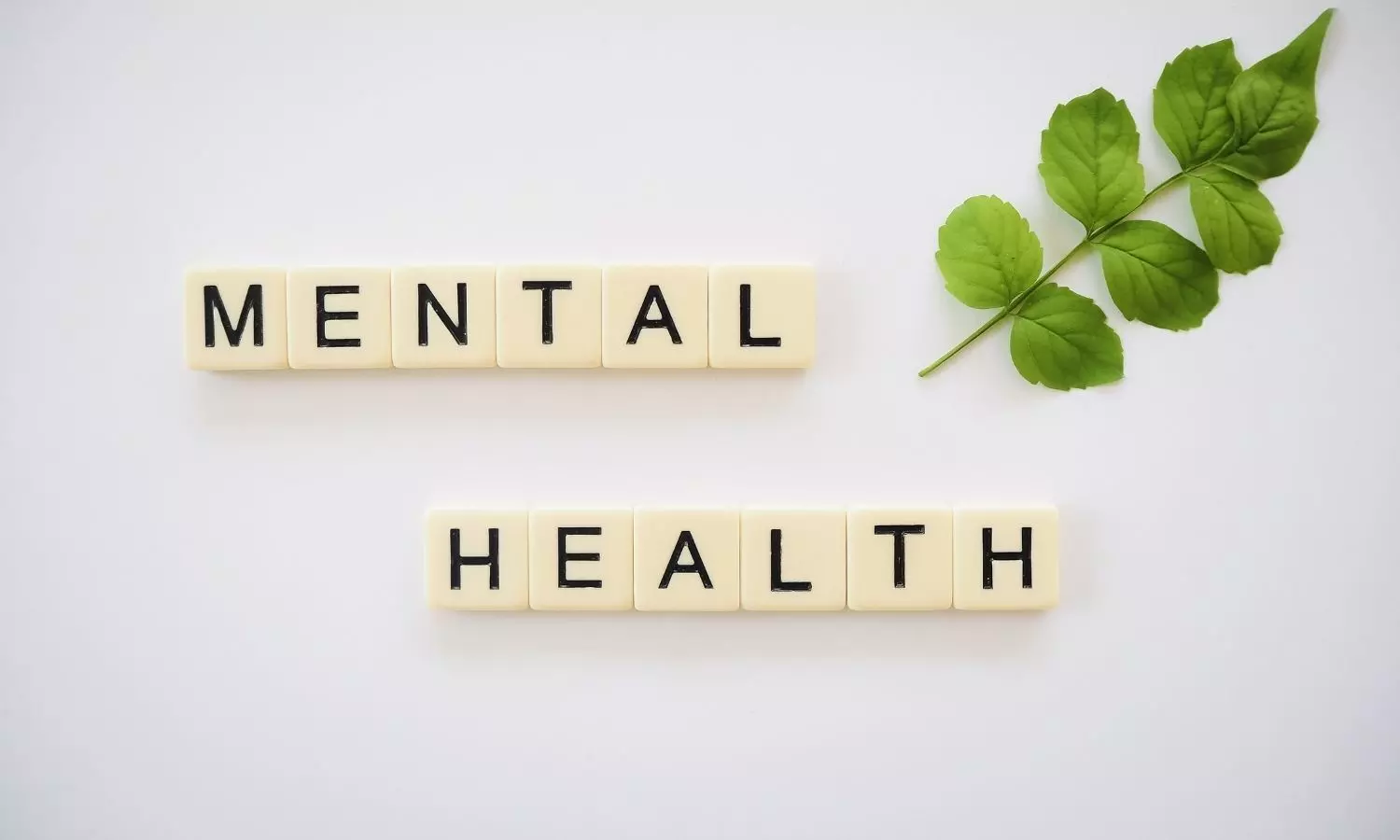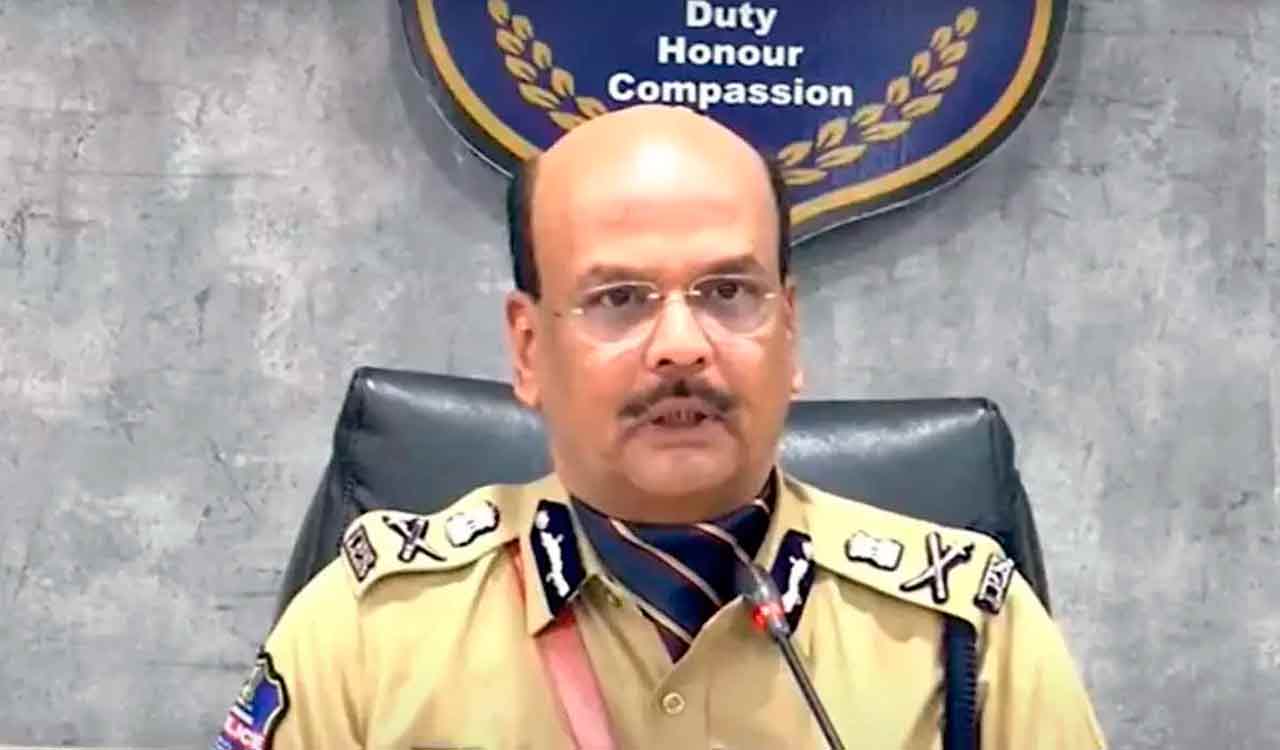Copyright ghanamma

The Presidential Special Envoy for Reparations, Dr. Ekwow Spio-Garbrah, has called for a broader national conversation on mental health in Ghana, highlighting its importance for boosting productivity and improving citizens’ overall well-being amid the pressures of modern work life. He noted that strengthening mental health systems aligns closely with the government’s 24-Hour Economy Plan, which aims to enhance national productivity through continuous economic activities. Speaking to Citi News during the Annual General and Scientific Meeting of the Psychiatric Association of Ghana, held under the theme “Optimising Resource Allocation in African Mental Health: Values-Driven Strategies for Sustainable Development,” Dr. Spio-Garbrah emphasised the need to bolster the country’s mental health infrastructure as a foundation for sustainable economic growth. “The proposal to have a 24-hour economy, fantastic as it is, has natural risks of various kinds. So there are financial risks, there are legal risks, and there are HR risks. And one of the risks, of course, is health care. “People should be healthy, even though they may end up being more stressed because they have to now, depending on how the various employers structure the employment arrangements, and to the extent that we still have weaknesses in our infrastructure. “For example, we don’t have railway services in Accra as may exist in many countries where they have underground railway, above-ground railway, and fast-speed transportation. So people are going to be late for work. Some are not going to arrive on time. All kinds of things that may also end up being human resource management issues, and, you know, people get suspended, they get sacked. “So we must take all of that into account in the preparation for the 24-hour economy. I think that’s what the psychologists and psychiatrists are recommending,” he said. The President of the Ghana Psychiatric Association, Dr. Fiagbe, also called on churches and other faith-based organisations to integrate mental health professionals, particularly psychiatrists and psychologists, into their counselling teams. He said this approach would help identify and address mental health challenges early among congregants and the wider community. “We need a policy to be able to make those decisions and optimise the human resources and other forms of resources that we have. So, I think it’s just across the divide. I mean, the low-hanging fruits that I spoke about, which are maybe men of God, imams, social media enthusiasts, and all that, they are those that we want to leverage and improve the mental health literacy,” he stated.



